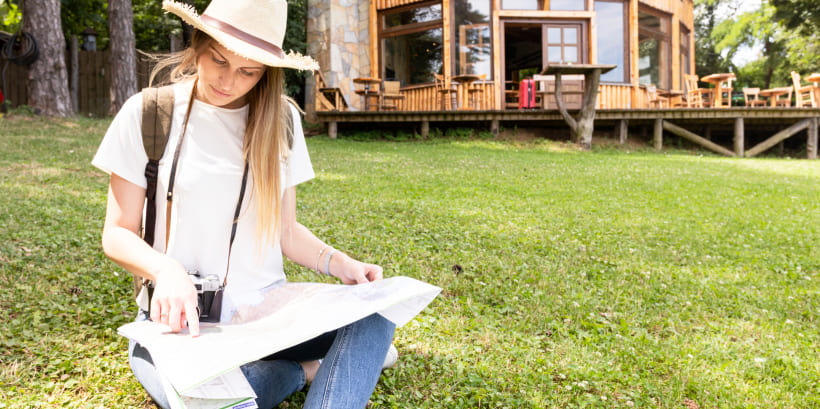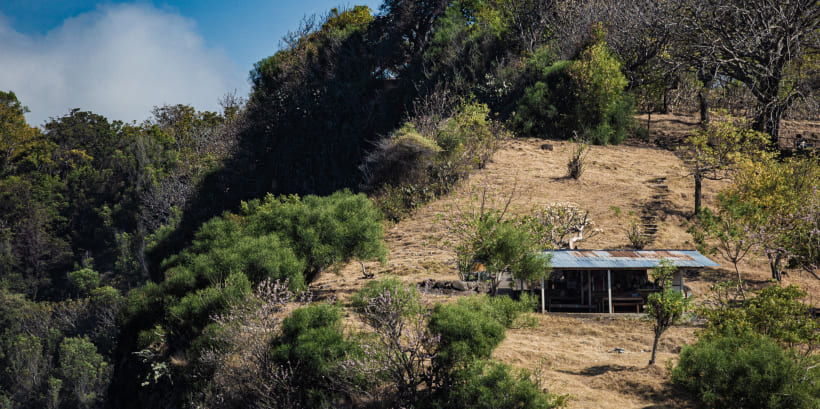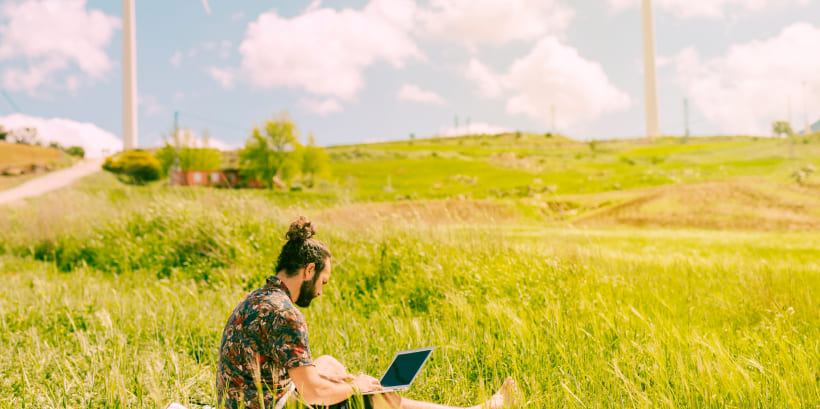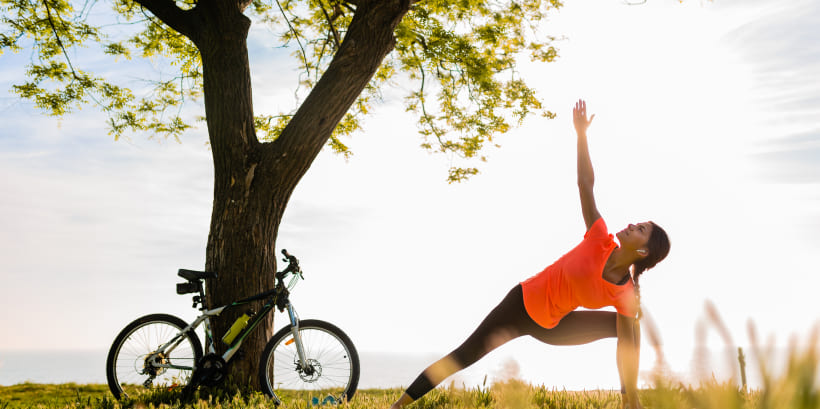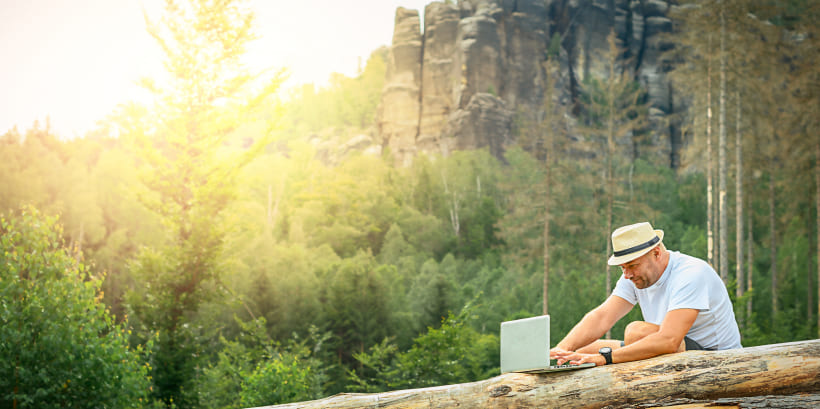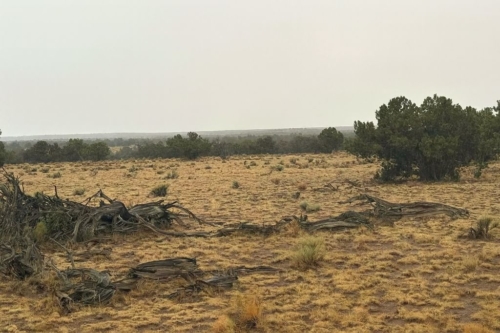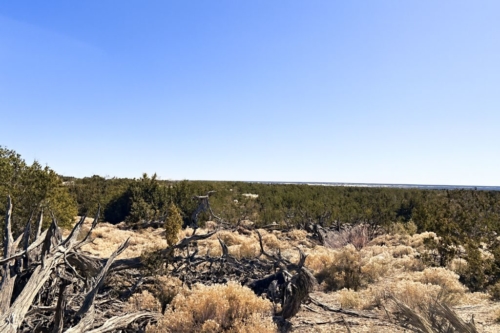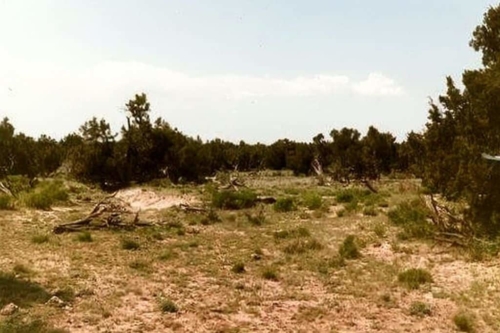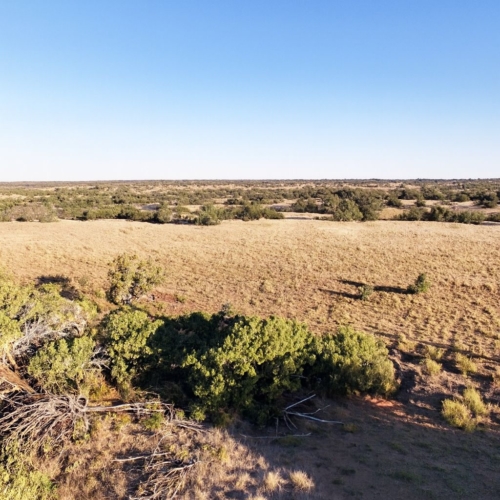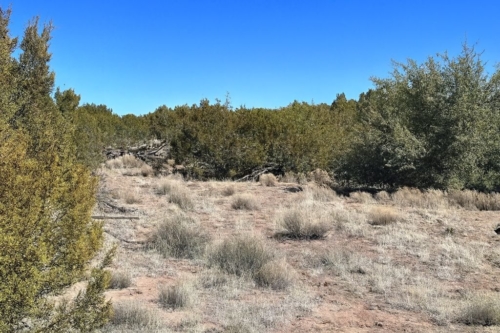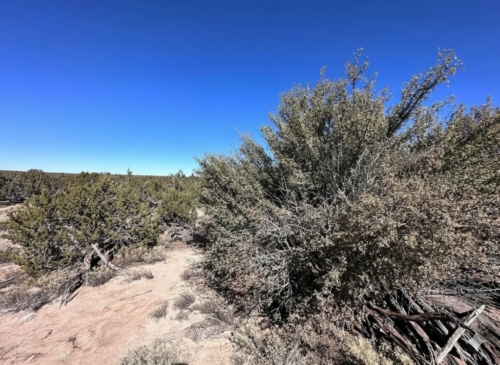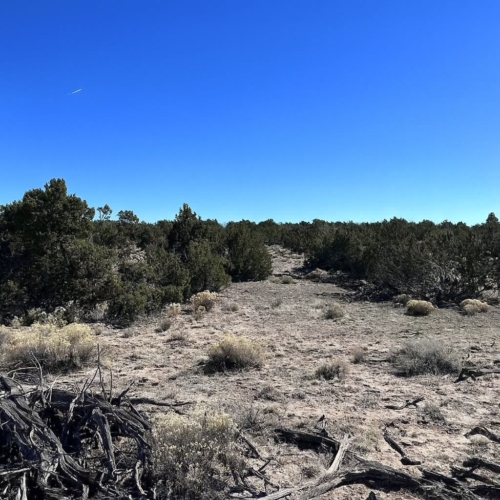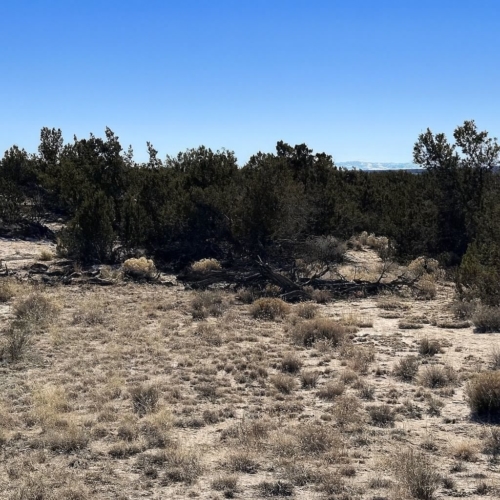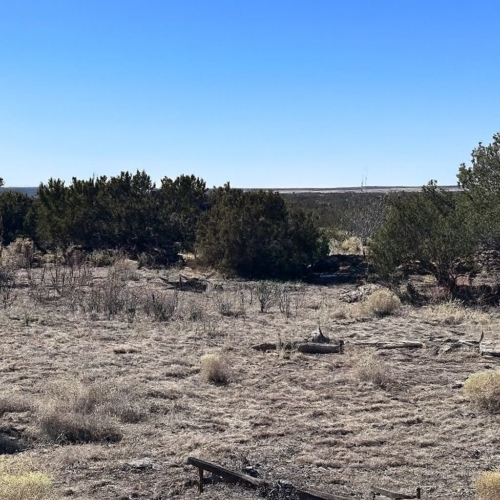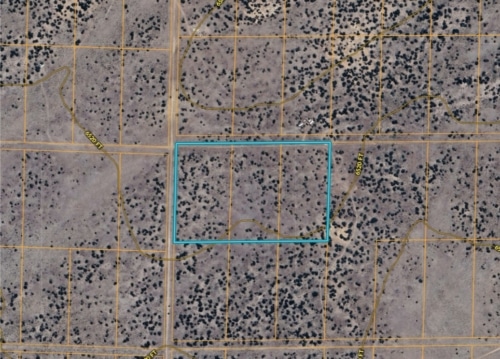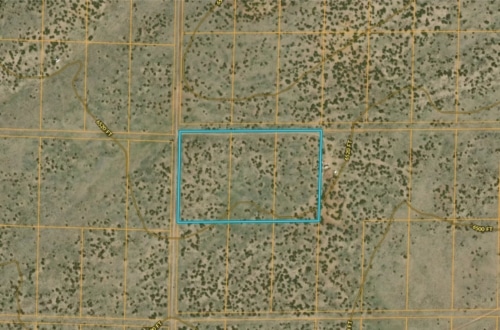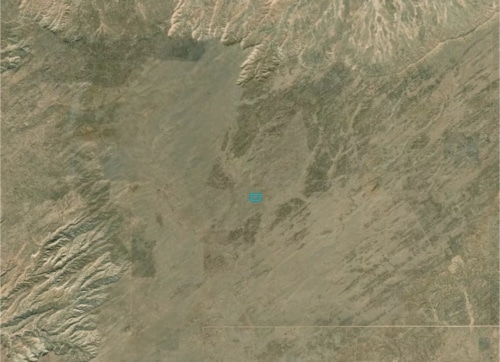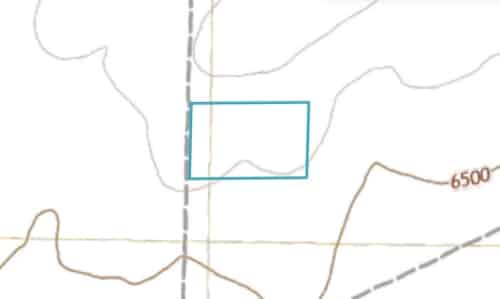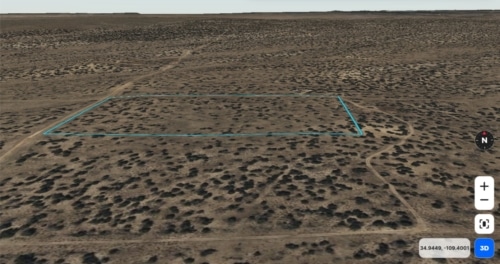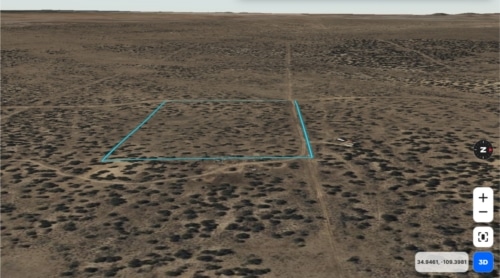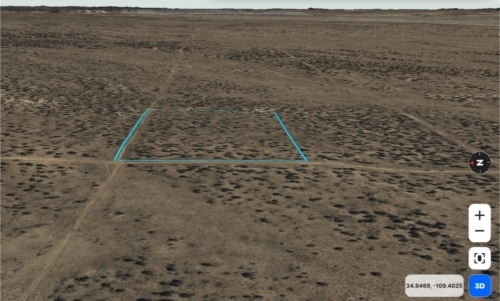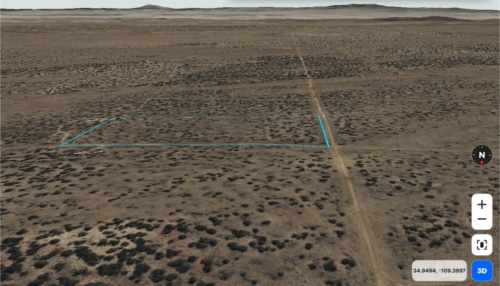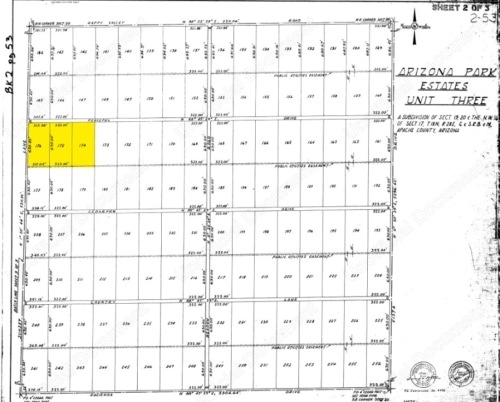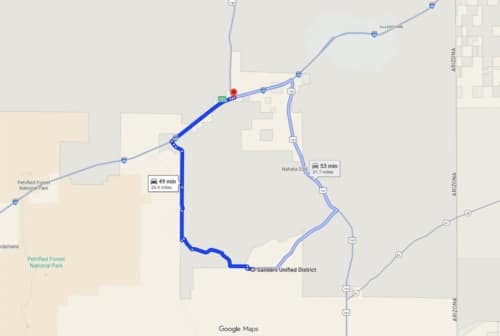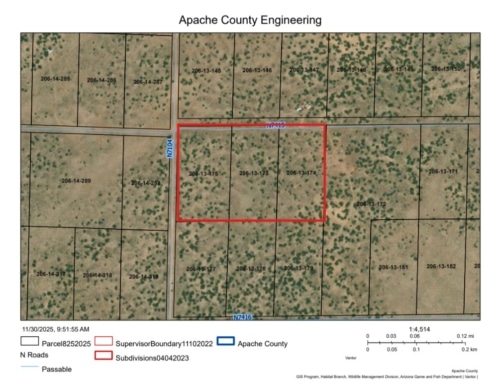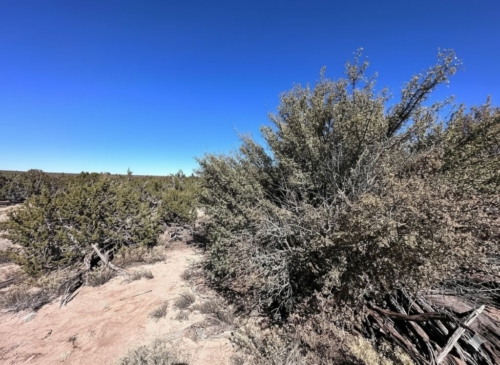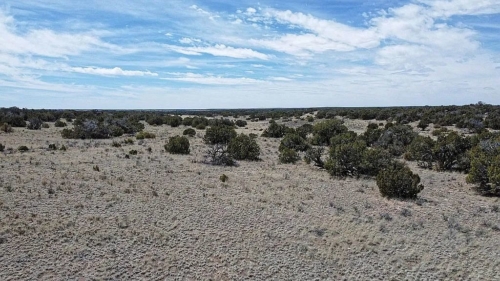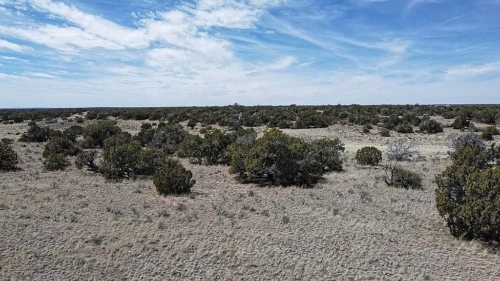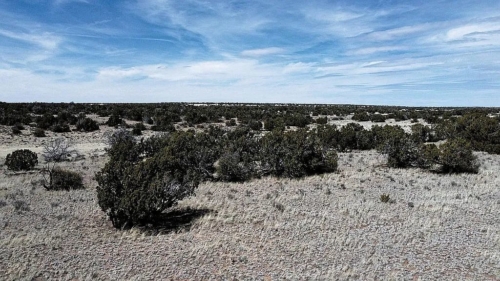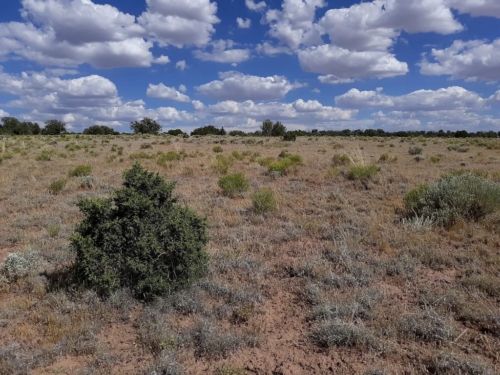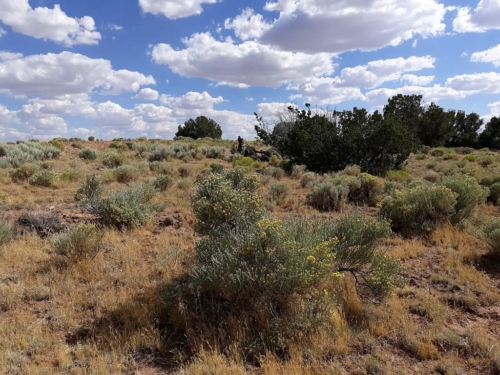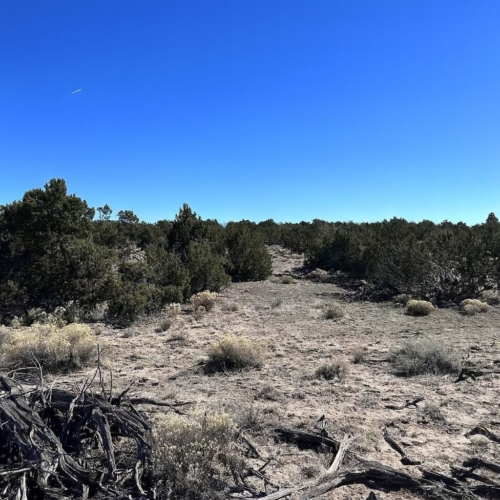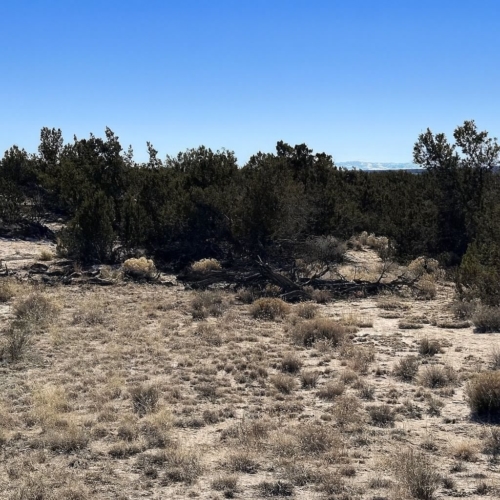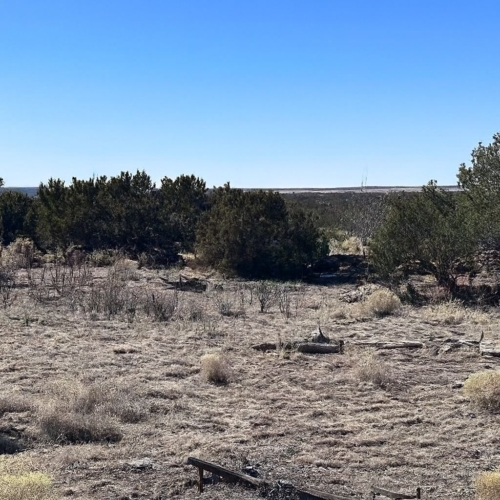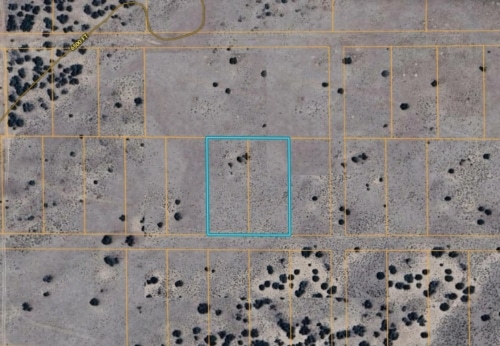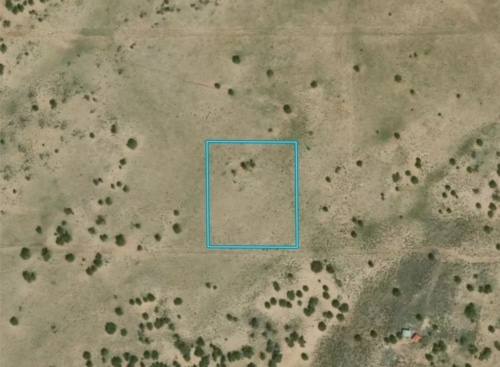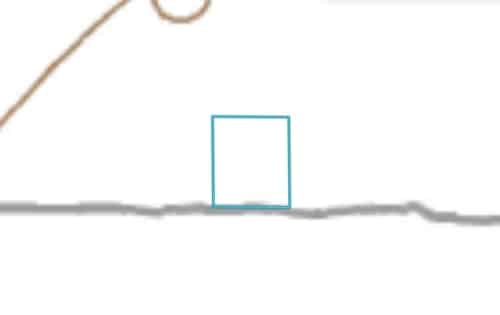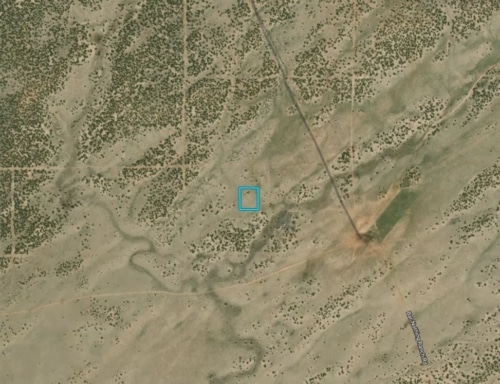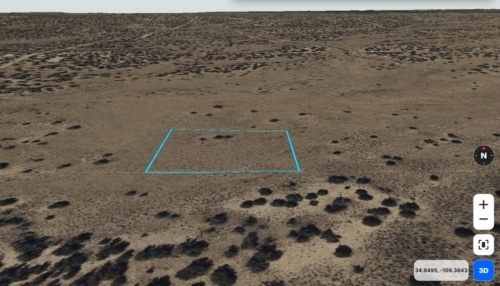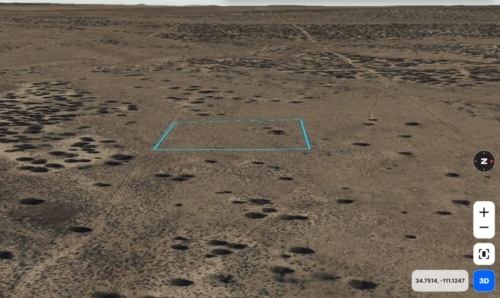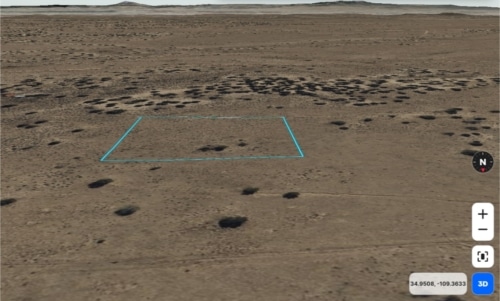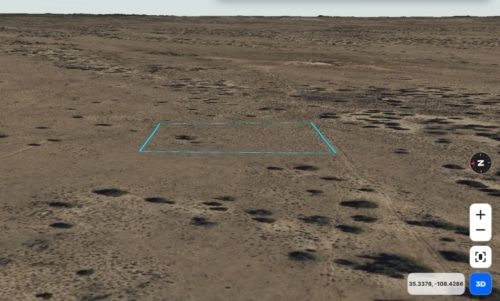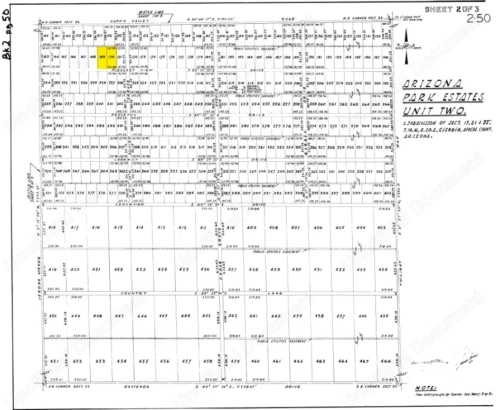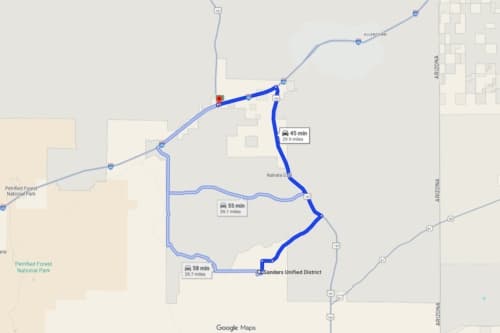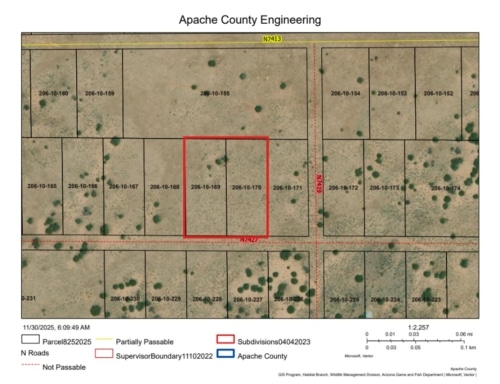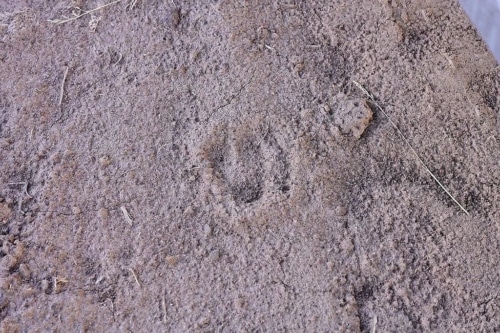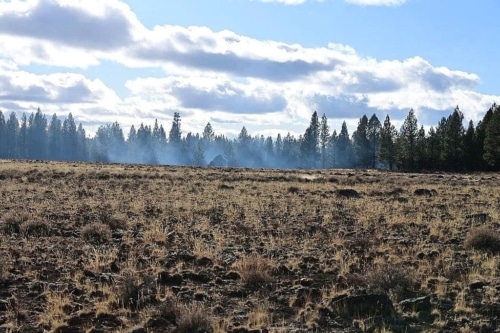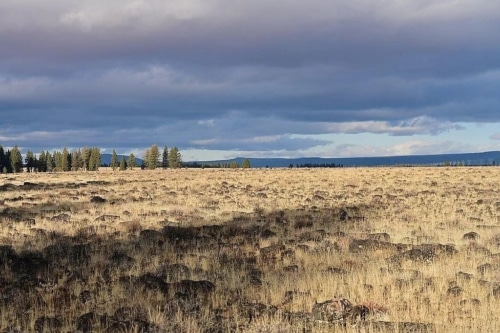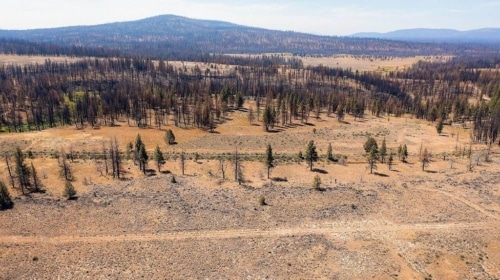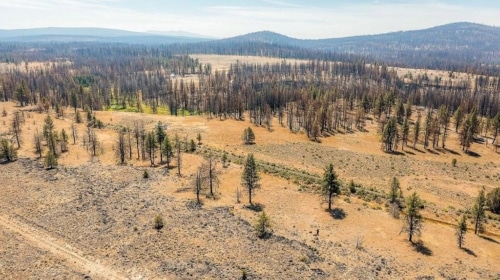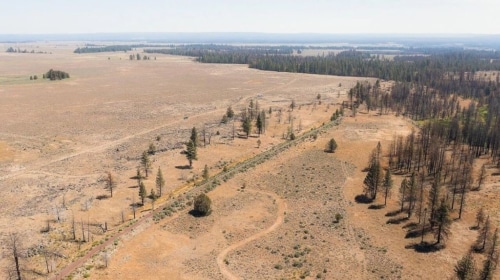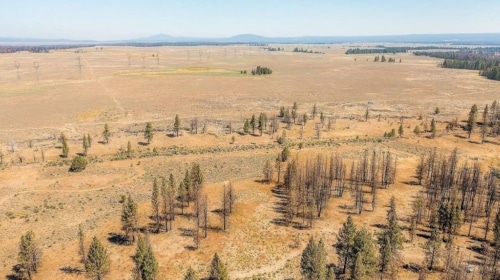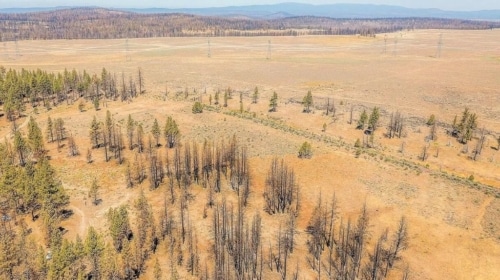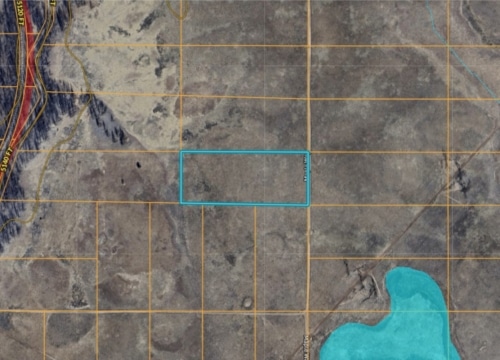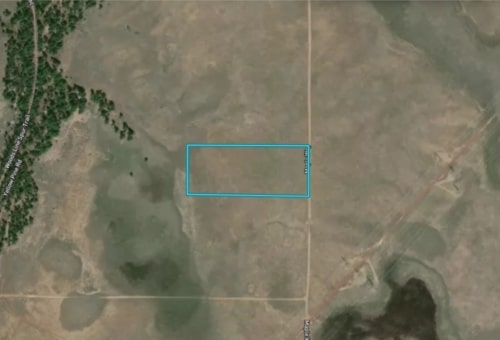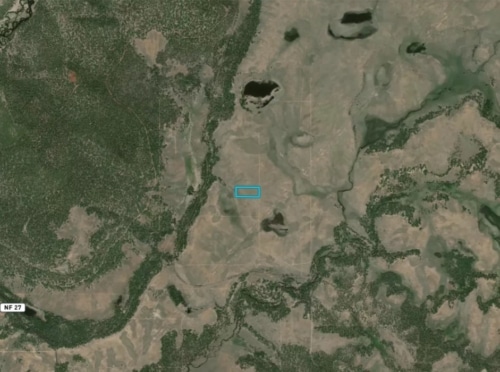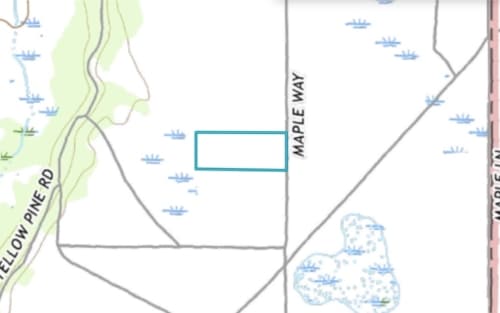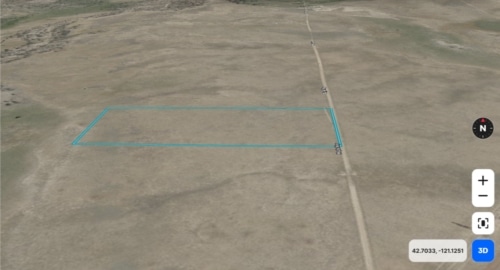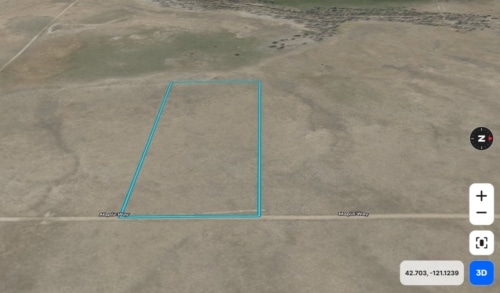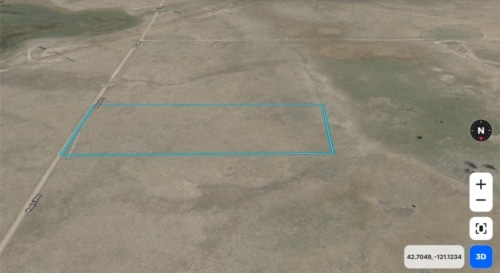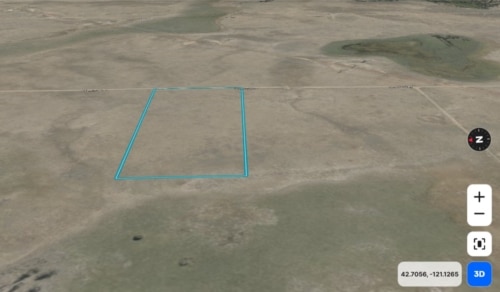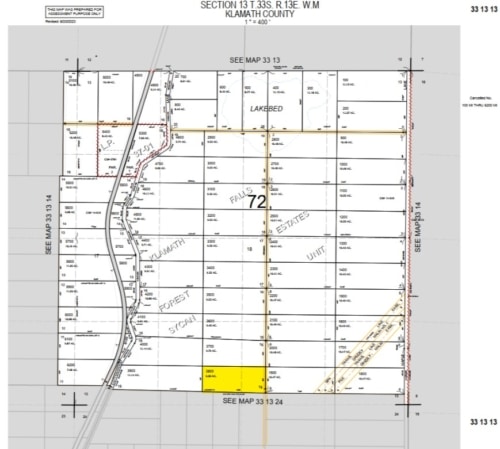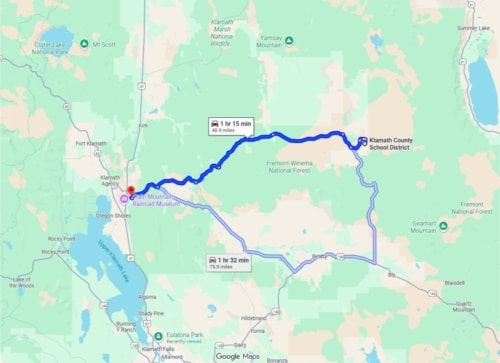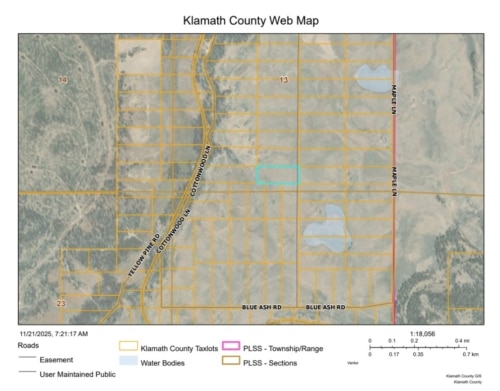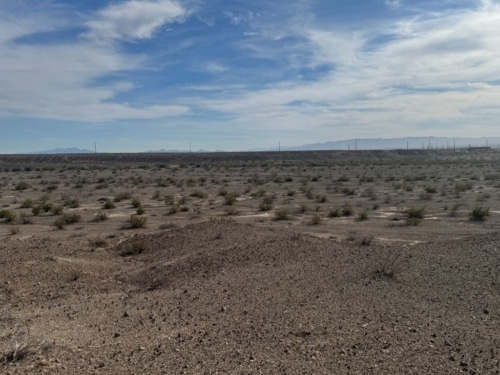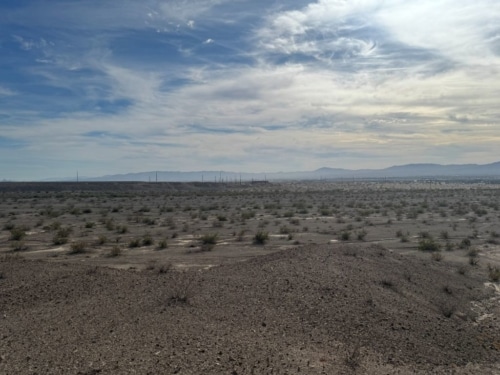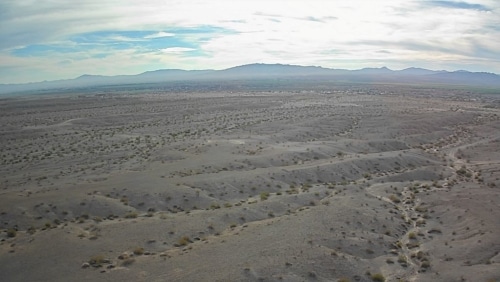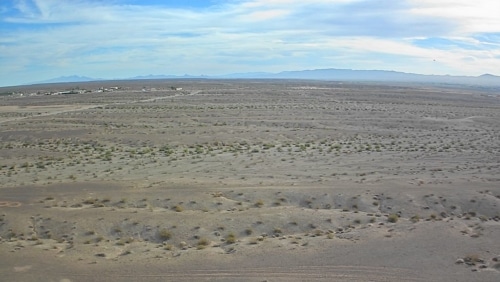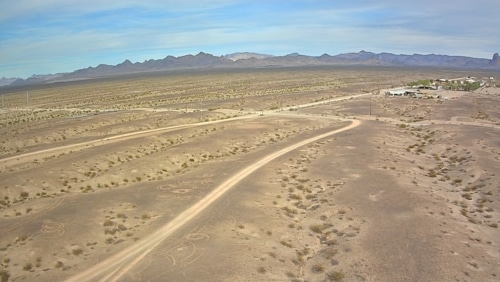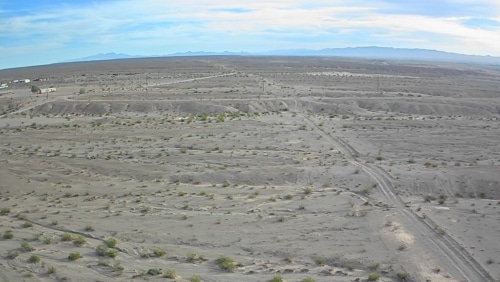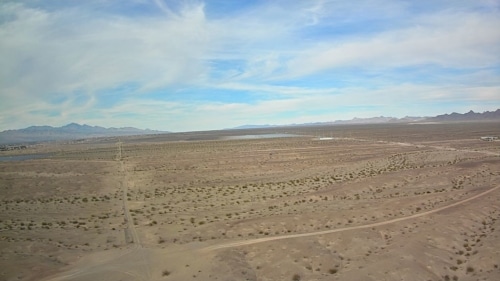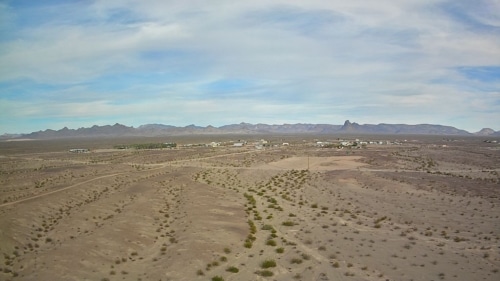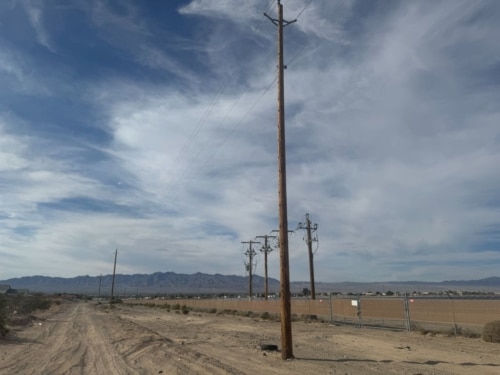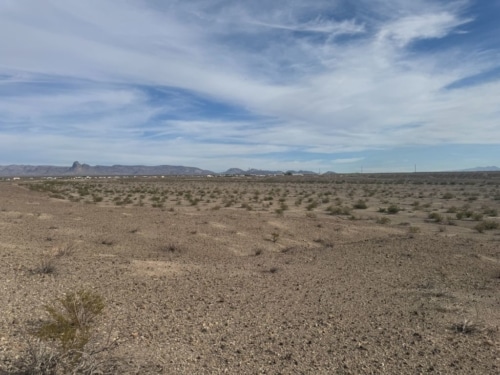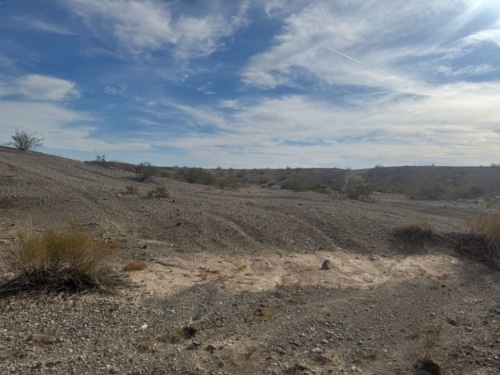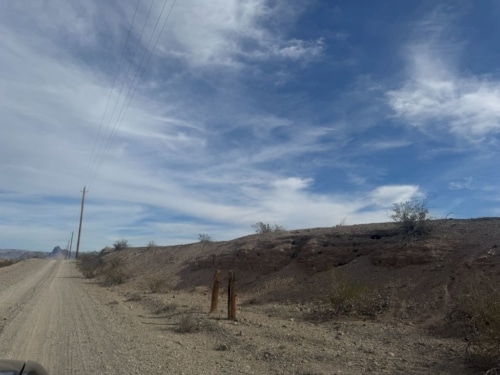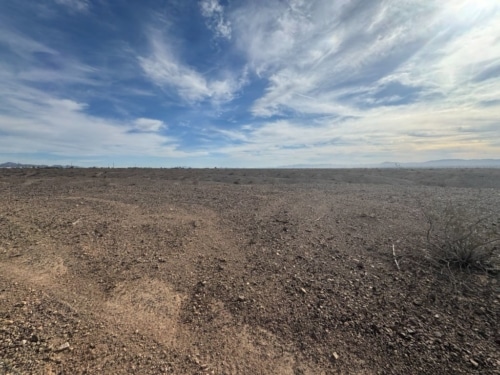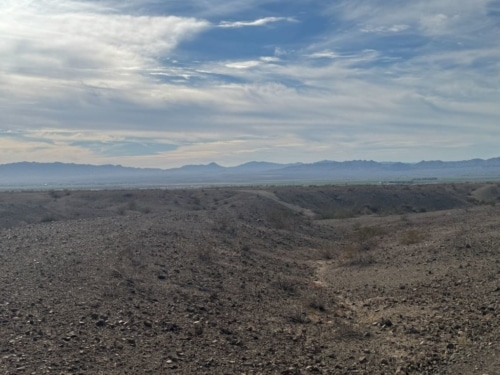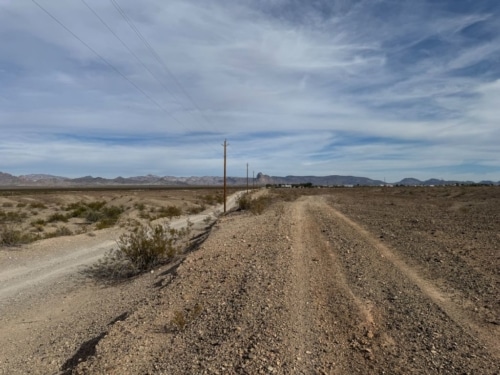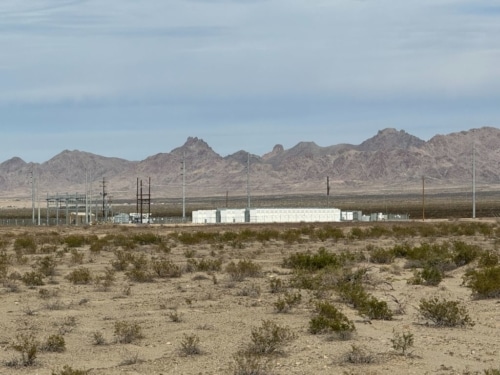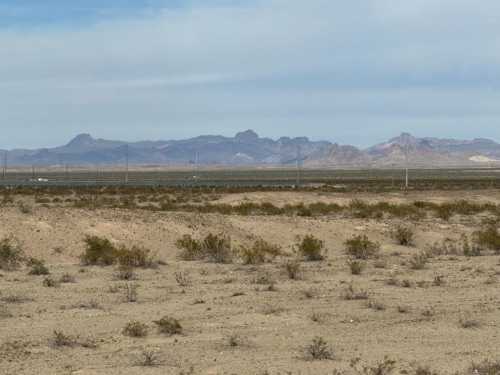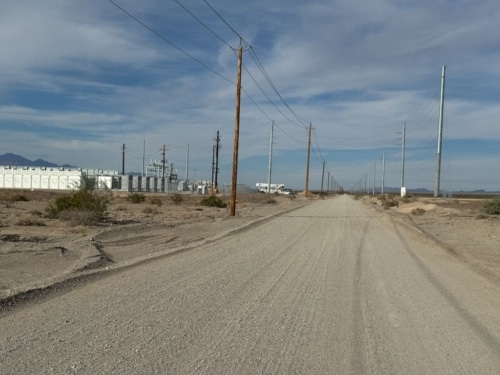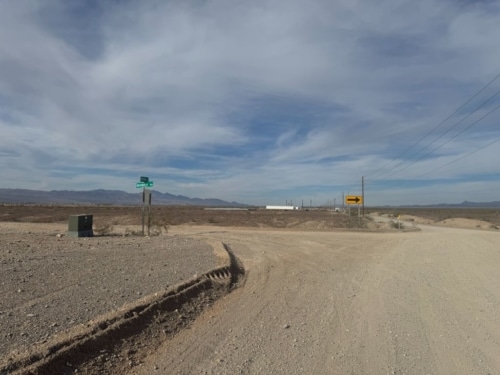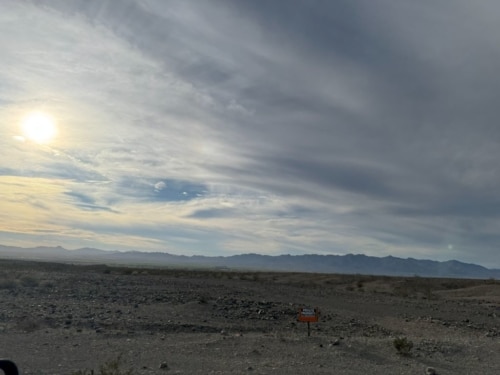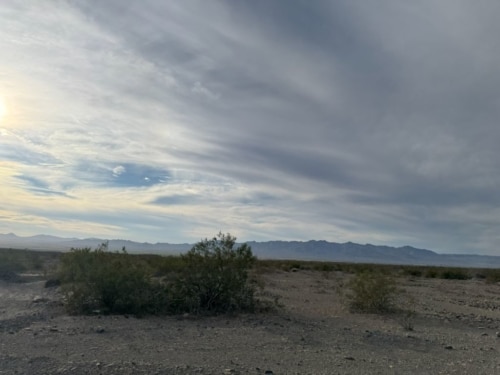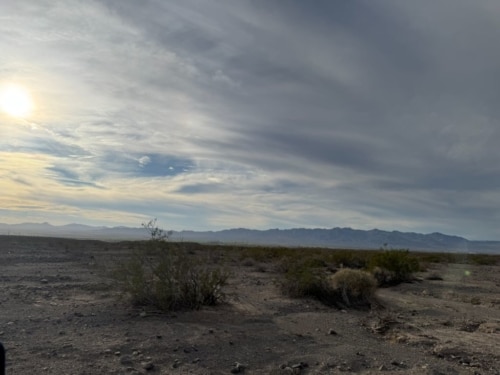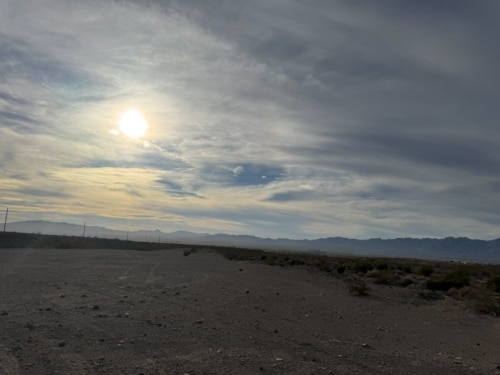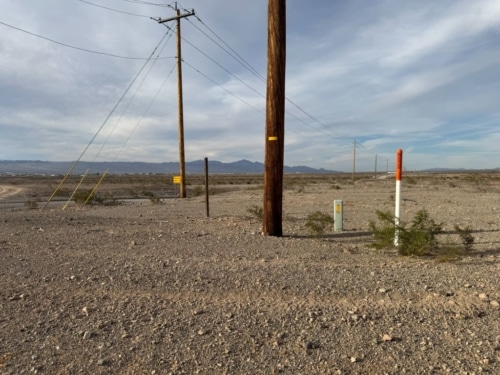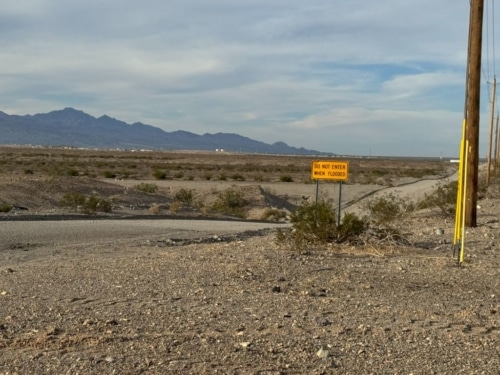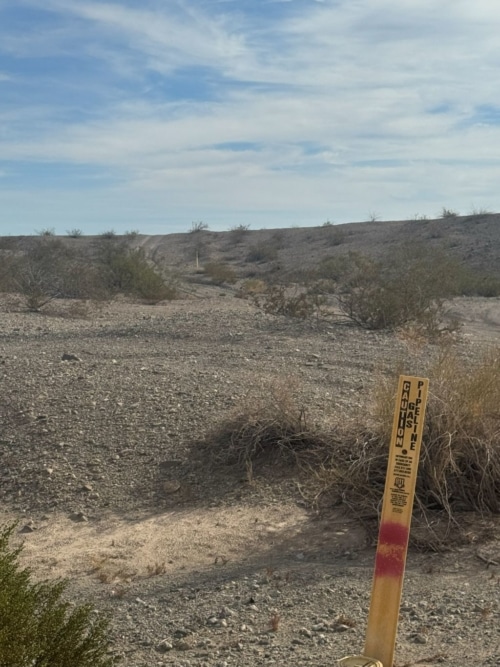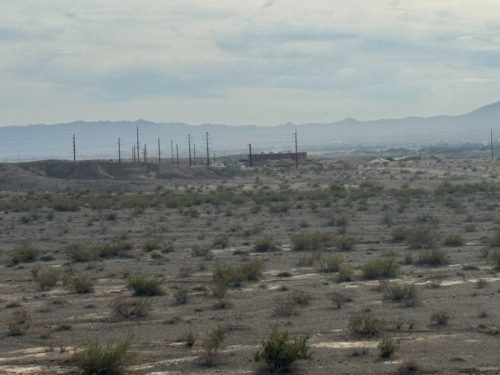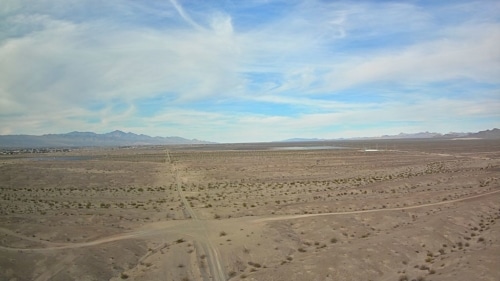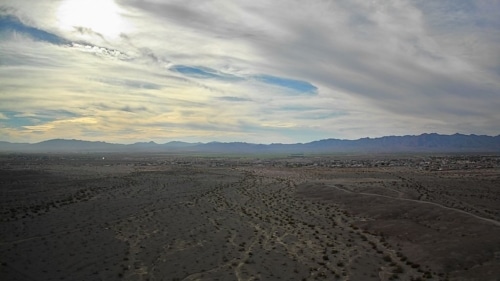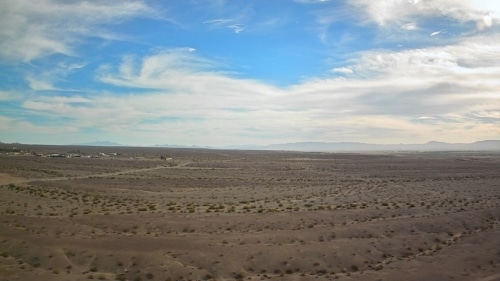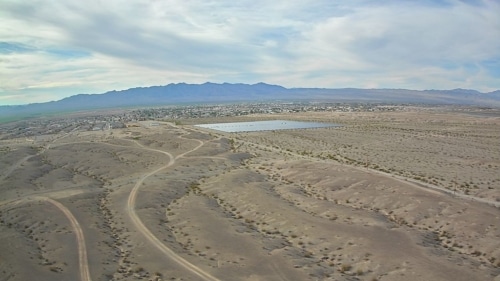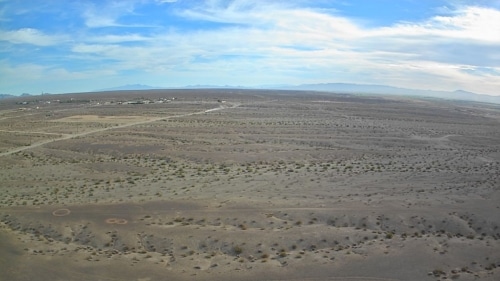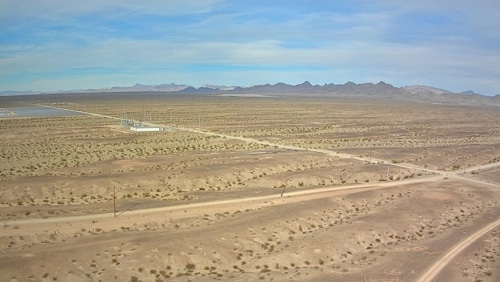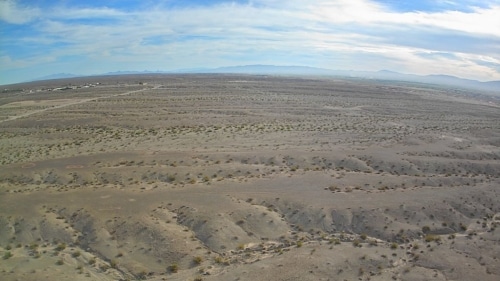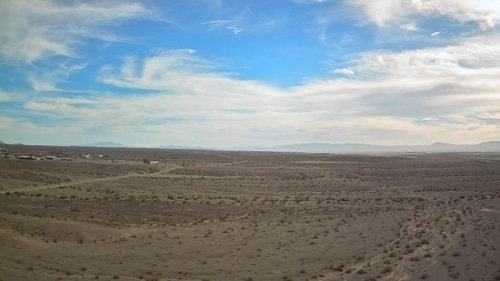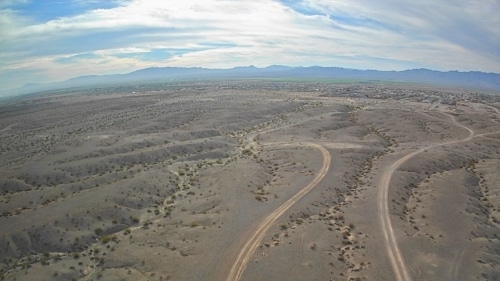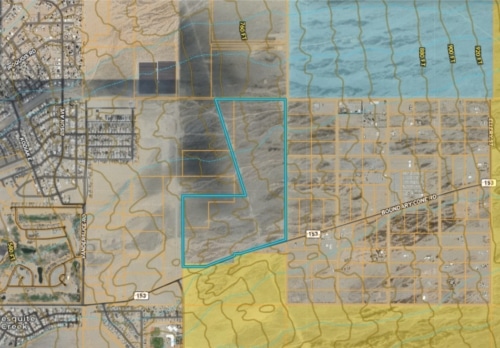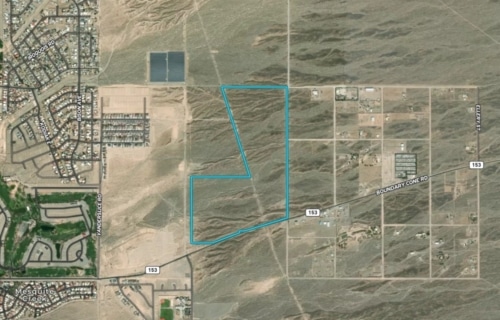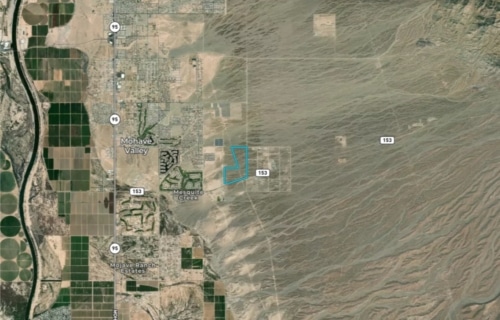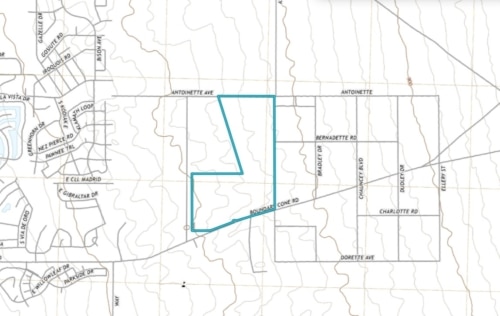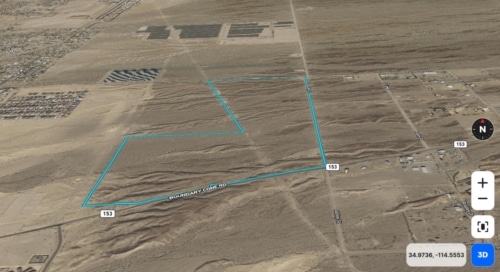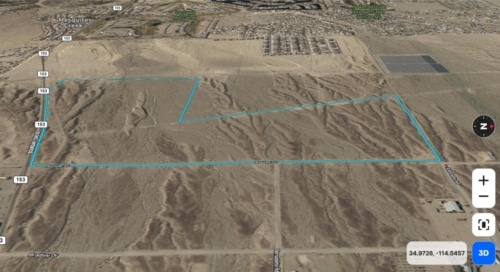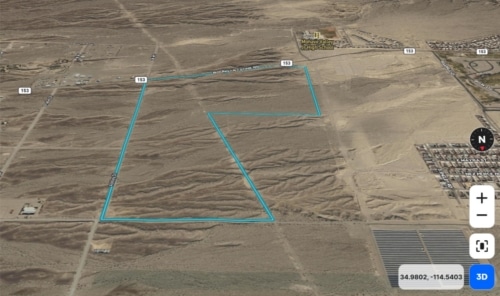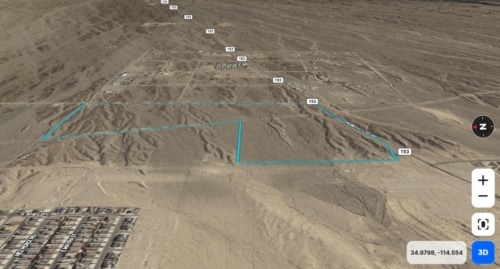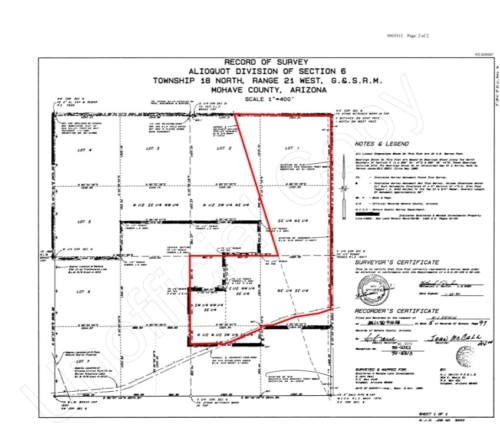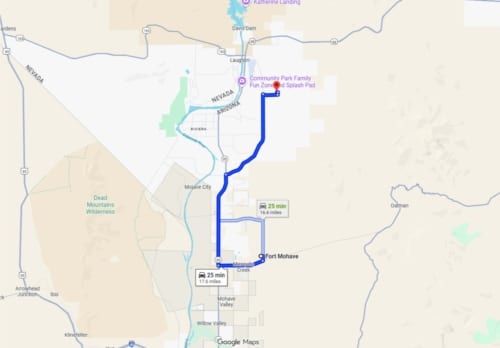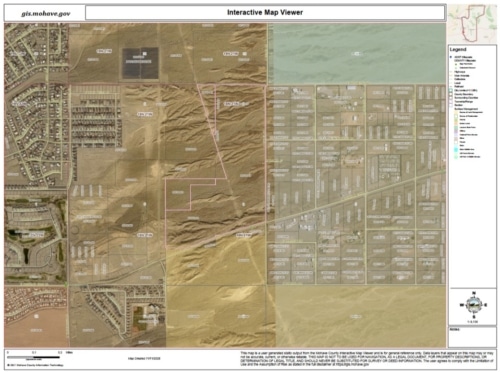"The clearest way into the Universe is through a forest wilderness." – John Muir
Table of Contents
Introduction to Off Grid Living
Have you ever felt the urge to disconnect, breathe in cleaner air, wake up to birds instead of traffic, and live with fewer bills and more peace? That's the beauty of off the grid life; it invites you to create your own world, far from the chaos of conventional living.
More and more people today are choosing off grid living not just as a lifestyle but as a way to reclaim their freedom. With growing concerns about climate change, rising utility costs, and burnout from digital overload, off-grid living offers a refreshing alternative.
Living off the grid gives people the chance to design a lifestyle that prioritizes independence, nature, and sustainability.
Whether you're already living off grid or just exploring the idea, understanding the benefits can be a game-changer.
In this blog, we'll walk you through the real, tangible benefits of living off the grid from financial relief to mental wellness, and guide you on what it takes to build a self-sustaining life. Whether you're dreaming of solar panels in the desert or a cozy cabin in the woods, you'll also get a glimpse of the best places for off-grid living and why this movement is more than just a trend, it's a path back to what truly matters. Ready to explore the off grid living benefits?
Before diving in, understand land zoning and regulations, they determine where and how you can live off-grid.
What Does Off Grid Living Mean?
So, what's the actual meaning of living off grid? Simply put, it's about creating a life where you're no longer dependent on public utilities, no city power, no municipal water, and no natural gas lines. You produce your own energy (typically solar or wind), collect or treat your own water, and often grow your own food.
The off the grid meaning goes beyond just "unplugging." It's about embracing a lifestyle rooted in self-sufficiency and intentional living. Some people completely live off the grid, while others adopt a hybrid approach.
Who chooses this path? It varies. Some are environmentalists. Others are families seeking a slower pace. Many are just regular folks craving peace, freedom, and autonomy.
To get started, you'll need to understand the off grid living essentials. Think of things like solar panels, composting toilets, backup generators, and reliable storage batteries. It's also helpful to follow an off grid living guide or connect with a community of like-minded people.
You might be wondering: is off grid living illegal? In most cases, no, but zoning laws and utility codes differ by region. Research is key. For example, if you're looking at Arizona land for sale, understanding those local codes will be crucial.
If you're asking yourself how to start off grid living, begin by learning about sustainable energy sources, available land, and building laws. Start building your toolkit of off grid living supplies, which includes water filtration systems, gardening tools, and power storage. These are the essentials for off grid living you'll lean on daily.
For those planning to buy land, check areas with flexible building regulations. If you're wondering how to buy land in a way that suits this lifestyle, seller-financed deals or crypto payments are worth exploring.
Benefit 1: Financial Savings
Imagine waking up each month with zero bills for electricity, water, or gas. Sounds unreal? That's the financial magic of off-grid living. While the upfront cost may seem high, the long-term payoff is massive.
Let's talk numbers. The off-grid living cost of solar panels, water tanks, and septic systems can range anywhere from $15,000 to $50,000, depending on how extensive your setup is. But once it's in place, you're no longer feeding money to utility companies. That's real freedom.
Now you might ask, how much does it cost to go off grid? It depends on your location, the land, and the systems you install. A minimalist setup in Arizona might be far cheaper than building a modern off-grid home in Oregon. When exploring land for sale , consider properties that offer flexible terms or land for sale seller financing that can reduce your initial investment significantly.
Cutting city bills is just the start. By growing your own vegetables, composting waste, and harvesting rainwater, you're also saving big on food and utilities. Over time, the cost of living off the grid can be shockingly low.
Some people also monetize their off-grid lifestyle through content creation, sharing their journey on platforms that generate revenue and the added bonus of going independent.
Yes, the off grid living cost takes some upfront planning. But those who've made the leap often say they wouldn't trade it for anything.
Benefit 2: A Kinder Footprint on the Planet
If you care about the Earth, and chances are you do, then eco-friendly living through off grid systems is one of the kindest choices you can make.
Traditional homes pull energy from fossil fuels. In contrast, off grid power sources like solar, wind, and even micro-hydro drastically cut down your carbon emissions. Are you disconnected from the energy grid? No problem. You're fueling your home with clean, renewable sources.
When it comes to water, off grid water supply systems like rain catchment barrels, wells, or greywater recycling help reduce waste and preserve this precious resource. Some folks even create full off grid water solutions that require no municipal connection at all.
If you're wondering how to turn off the grid, start with just one system, say, installing solar panels or building a compost toilet. Small steps matter.
The cumulative impact? You're not only consuming less, you're giving back more. For those exploring owner financed land, consider properties that already support sustainable practices. This can reduce your environmental impact even further.
Benefit 3: Independence and Self-Sufficiency
Let's be honest: modern life is full of dependencies. From Wi-Fi outages to power cuts, we're constantly at the mercy of external systems. That's why so many people are choosing life off grid to take back control.
The off grid lifestyle empowers you to be resourceful. It teaches you how to grow your own food, store your own energy, and fix things when they break. There's deep satisfaction in being able to say, "I've got this," and actually mean it.
You don't have to rely on anyone for heat, light, or clean drinking water. Power outage in town? You've got a battery bank. Grocery store closed? Your garden's thriving.
Even as a woman off grid living alone or with family, you can learn to thrive independently. And it's not about being completely isolated; it's about being capable and prepared.
Have a question: how do you live off grid? You live with intention, responsibility, and pride. You live off grid life on your own terms.
These values are why many are choosing to buy property with crypto, seeking alternative, independent paths to ownership and investment.
Benefit 4: Better Health, Inside and Out
This might surprise you, but one of the biggest upsides of an off the grid lifestyle is what it does for your health, physical, mental, and emotional.
Living surrounded by nature improves sleep, reduces stress, and gives you access to cleaner air. Your daily life involves movement, carrying wood, tending gardens, and walking trails, so you're naturally more active.And with fewer distractions and less screen time, the mind finds calm. Many say they've never felt more at peace than when living the off grid lifestyle.
It also ties into the rural living advantages: less noise, less pollution, and a slower, more deliberate pace. These are the rural living benefits modern medicine can't offer in a prescription bottle.
When looking for your ideal setup, explore the top states to buy land in the USA that offer clean air, open spaces, and a healthy natural environment.
Benefit 5: Connection with Nature
There's something sacred about living in nature, watching the stars every night, rising with the sun, and listening to nothing but the wind and birds.
A sustainable living lifestyle doesn't just conserve resources; it nurtures your spirit. You begin to notice cycles, like the way the moon affects the garden, how the air smells before rain, or how animals migrate with the seasons.
Gardening becomes meditation. Observing wildlife becomes your morning show. This kind of natural living isn't something you do once a year on vacation; it becomes your everyday life.
If you're craving a lifestyle that aligns more with the Earth's rhythm than your work calendar, sustainable living is the way.
Challenges to Consider
Of course, no lifestyle is perfect. There are off grid challenges, initial setup costs, maintaining your own systems, and dealing with moments of isolation.
You'll have to troubleshoot a lot. Systems break. Weather changes. And sometimes, loneliness can creep in, especially if you're far from neighbors.
There are also off grid living problems like zoning restrictions or limited emergency services. And again, check your local laws. Is off grid living illegal in your area? In most cases, no. But you'll want to understand the building codes, water rights, and waste disposal rules.
But with the right preparation, community, and mindset, these challenges become manageable and even meaningful.
Conclusion
Choosing to live off the grid isn't just a housing decision; it's a lifestyle transformation. You save money, reduce your carbon footprint, gain independence, improve your health, and connect deeply with the world around you.
If this speaks to your soul, start researching land for off grid living. Wondering, can you legally live off the grid? Yes, in many states. Some of the best off grid living states include Colorado, Montana, Missouri, and Tennessee, offering affordable property and relaxed building codes. If you're asking what states allow off grid living, these are some of the top choices to explore.
Explore off grid living land for sale, talk to current off-gridders, and dip your toes in. The life you've been dreaming of may be closer than you think.


